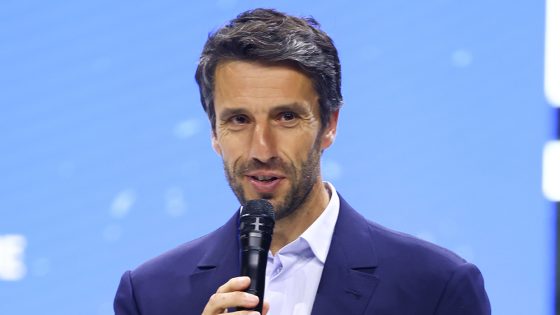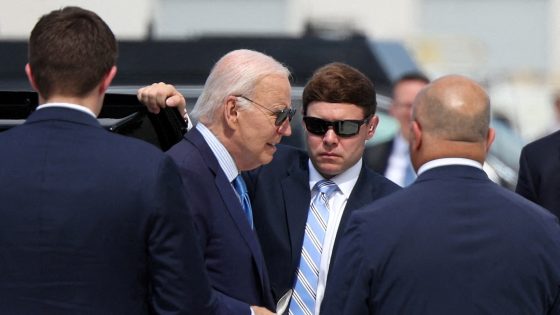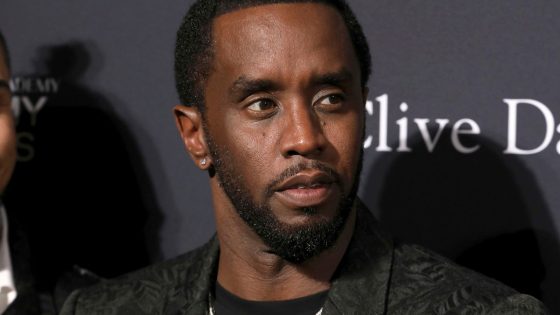It was in the land that took “Liberté, égalité, fraternité” as its motto that women were first allowed to participate in the Olympic Games, in 1900. This summer, the French capital will come full circle as it hosts the first-ever gender-balanced Olympics. From politicians to business titans to cultural leaders, the most powerful forces in Paris are aligning to make the three weeks of the Games a showcase for the modernity of France.
Tony Estanguet, the gold medal-winning French slalom canoeist who is now president of the Paris 2024 Organizing Committee for the Olympic and Paralympic Games, says the event has come a “long way in terms of inclusiveness.”
Back in 1900, women athletes made up only 2% of Olympic delegates; this year, women will represent half of the 10,500 competitors arriving from 200 countries to vie for medals.
Planning for these Games came on the heels of the Bataclan terrorist attacks in November 2015 that left 130 people dead. “France submitted a bid to host these Olympics a few months after the 2015 attacks,” Estanguet says. The motivation was nothing less than a desire to “defend France’s ideals of freedom and fraternity in dark times. It was our way of showing our faith in the future,” he says.
Competitions and events, overseen by 45,000 volunteers, will be held at some of Paris’s most iconic venues, including volleyball by the Eiffel Tower and equestrian jumping at the Palace of Versailles. The opening ceremony will see athletes parading in boats on the Seine, with a performance by Malian-French singer Aya Nakamura. France’s fashion industry is also getting a big spotlight. Parisian streetwear brand Pigalle has designed the French team’s uniforms, and the luxury conglomerate LVMH — the company behind Louis Vuitton and Moët & Chandon — is one of the Games’ premium sponsors.
Estanguet says that holding events outdoors will help limit waste. “Usually during the Olympics, we use existing stadiums or build new venues. But for these Games, we’ve used 95% of existing or temporary infrastructure.” He adds that he made a trip to the Super Bowl in Las Vegas in February to “check out the halftime show and get inspired by the American know-how in creating a big entertainment.”
Less environmentally friendly will be the 3 million to 4 million fans expected to descend on Paris this summer. Estanguet says the city plans to increase public transportation by 15% during the competition to help ease congestion.
Local broadcasters have also spent years preparing for the Games. In France, the rights to the Olympics are shared by Warner Bros. Discovery-owned pay TV group Eurosport and French PSB France Télévisions. The latter will dedicate its two primary linear channels to coverage of the Games.
“Last time we had the Summer Olympics in France it was 100 years ago, so the anticipation is huge. That’s why we’ve wanted to have coverage that’s as ambitious and exhaustive as possible,” says Laurent-Éric Le Lay, head of sports at France Télévisions.
For Warner Bros. Discovery, meanwhile, the hope is that the Olympics will be a gateway for viewers to check out the long-awaited European rollout of its streamer Max, which will launch just ahead of the Games. WB Discovery will have more than 3,000 staffers working to deliver its Olympics coverage.
“The Olympic Games transcends sport as a cultural experience and as a story about a human endeavor,” says Scott Young, group senior VP of content, production and business operations at WBD Sports Europe. “It’s a moment in time where even if you don’t typically watch a sporting event, you come and watch the Olympics. And that’s mostly because remarkable things happen.”
Source Agencies



